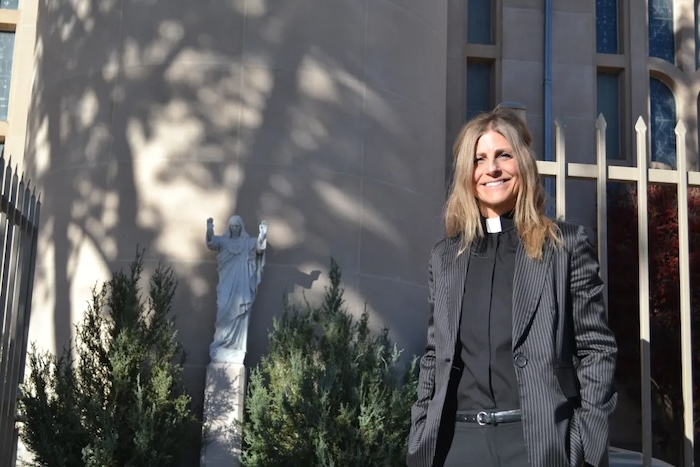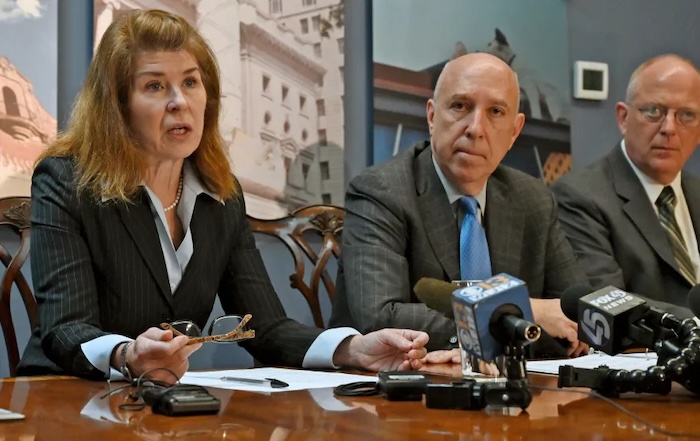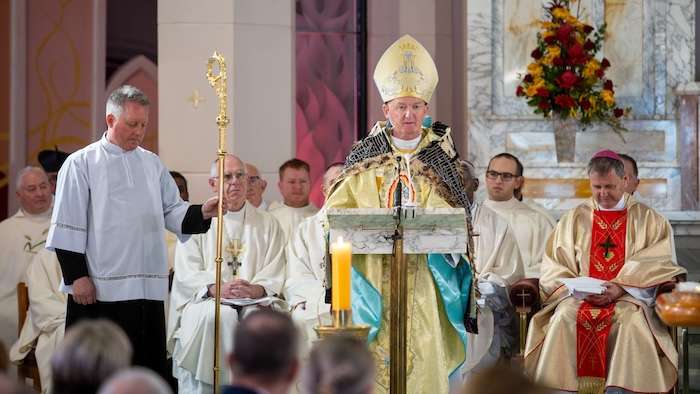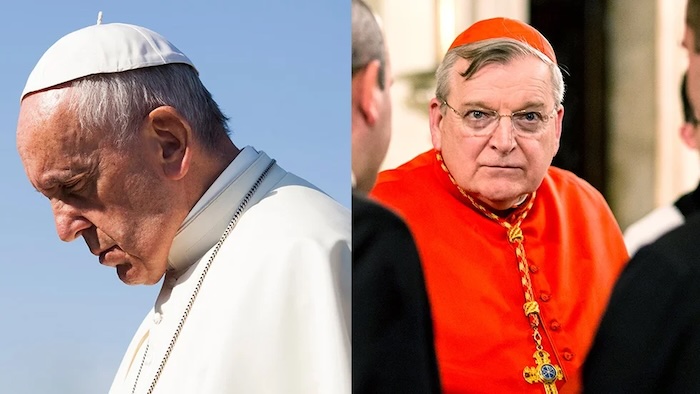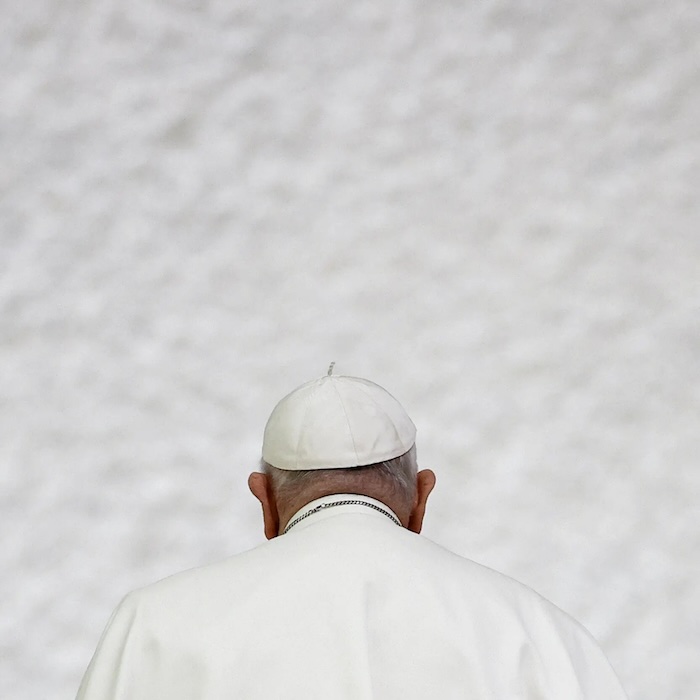
By Maureen Dowd
My mom loved Christmas so much, she would sometimes leave the tree up until April.
She dyed a sheet blue for the sky behind the crèche and made a star of tin foil. The cradle would stay empty until Christmas morning; when we tumbled downstairs, the baby would be in his place, and the house would smell of roasting turkey.
Mom always took it personally if you didn’t wear red or green on Christmas, and she signed all the presents “Love, Baby Jesus,” “Love, Virgin Mary” or “Love, St. Joseph.”
(My brother Kevin was always upset that Joseph got short shrift, disappearing from the Bible; why wasn’t he around to boast about Jesus turning water into wine?)
We went to midnight Mass back then, and it was magical, despite some boys wearing Washington Redskins bathrobes as they carried presents down the aisle for Baby Jesus.
In 2005, when my mom was dying, I played Christmas music for her, even though it was July and the muted TV showed Lance Armstrong cycling in the Tour de France.
Christmas was never my favorite holiday; I thought it was materialistic and stressful. But I try to honor my mom’s feeling that it is the happiest time of the year.
Now that my Christmas is more secular — my bond with the Catholic Church faded over the years of cascading pedophilia scandals — I miss the rituals, choirs and incense.
I didn’t mean to, but I succumbed to the irresistible pull of the TCM holiday doubleheader of “Going My Way” and “The Bells of St. Mary’s.” It’s hard to beat Ingrid Bergman’s luminous nun coaching a bullied kid in “the manly art of self-defense” — i.e., boxing — as Bing Crosby’s bemused Father O’Malley looks on.
As bonding agents, religion and patriotism have been superseded by Facebook and TikTok. But somehow social media, which was touted as an engine of connectivity, has left us disconnected and often lonely, not to mention combative. We’re all in our corners. We understand one another less than ever and have less desire to try.
When we ran up against mean priests as children, my mother would say the church was not the men who ran it. The church was God, and He was all kind and all just. But it was increasingly hard for me to stay loyal to a church plagued with scandals and cover-ups and to an institution that seemed to delight in excluding so many.
At a time when the church is shrinking in the West, Pope Francis has been on a mission to make it more tolerant and inclusive.
On Monday the 87-year-old pope decreed that priests could bless same-sex couples. But the Catholic Church and Francis say that men with a “deep-seated tendency” for homosexuality should not be ordained as priests.
The pope did not change church doctrine that marriage is only between a man and a woman. The blessing is not a sacrament and cannot be connected through “clothing, gestures or words” to a wedding.
“Blessings instead are better imparted, the Vatican says, during a meeting with a priest, a visit to a shrine, during a pilgrimage or a prayer recited in a group,” The Times’s Jason Horowitz explained.
It’s better than nothing, and it’s certainly better than the 2021 Vatican ruling that inveighed against blessing gay unions, arguing that God “cannot bless sin” and that sexual unions outside marriage, like gay unions, did not conform with “God’s designs.”
But the declaration — “Fiducia Supplicans” — seems like a narrow gesture, designed to be delivered in a furtive way.
If the pope wants to move beyond the suffocating stranglehold and hypocrisy of the conservative cardinals so the church survives and grows, he must be bolder.
When he started, in a puff of white smoke, he seemed open to change. He does believe in a more pastoral, less rule-driven church, but he’s not ready to change the archaic rules.
That’s true not only with gay people but also with women. Allowing women to just give readings during Mass, serve as altar girls and distribute communion is not going to cut it. Jesus surrounded himself with strong women, even a soi-disant fallen woman, but his church has long been run by misogynists. Nothing major has changed for women since that 1945 classic “The Bells of St. Mary’s,” except that nuns have been muzzled by the Vatican. Ordaining women as priests is not on the table, any more than allowing priests to marry is.
It’s passing strange that a church with Mary at the center of its founding story could suffocate women’s voices for centuries. The cloistered club of men running the church grew warped. They were more concerned with shielding the church from scandal than ensuring the safety of boys and girls being preyed upon by criminal priests.
The church can’t succeed in a time warp, moving at the pace of a snail on Ambien. Even Saudi Arabia is modernizing faster.
It is simply immoral to treat women and gay people as unworthy of an equal role in their church. After all, isn’t the whole point of the church to teach us what is right? And it’s not right to treat people as partial humans.
Complete Article ↪HERE↩!

